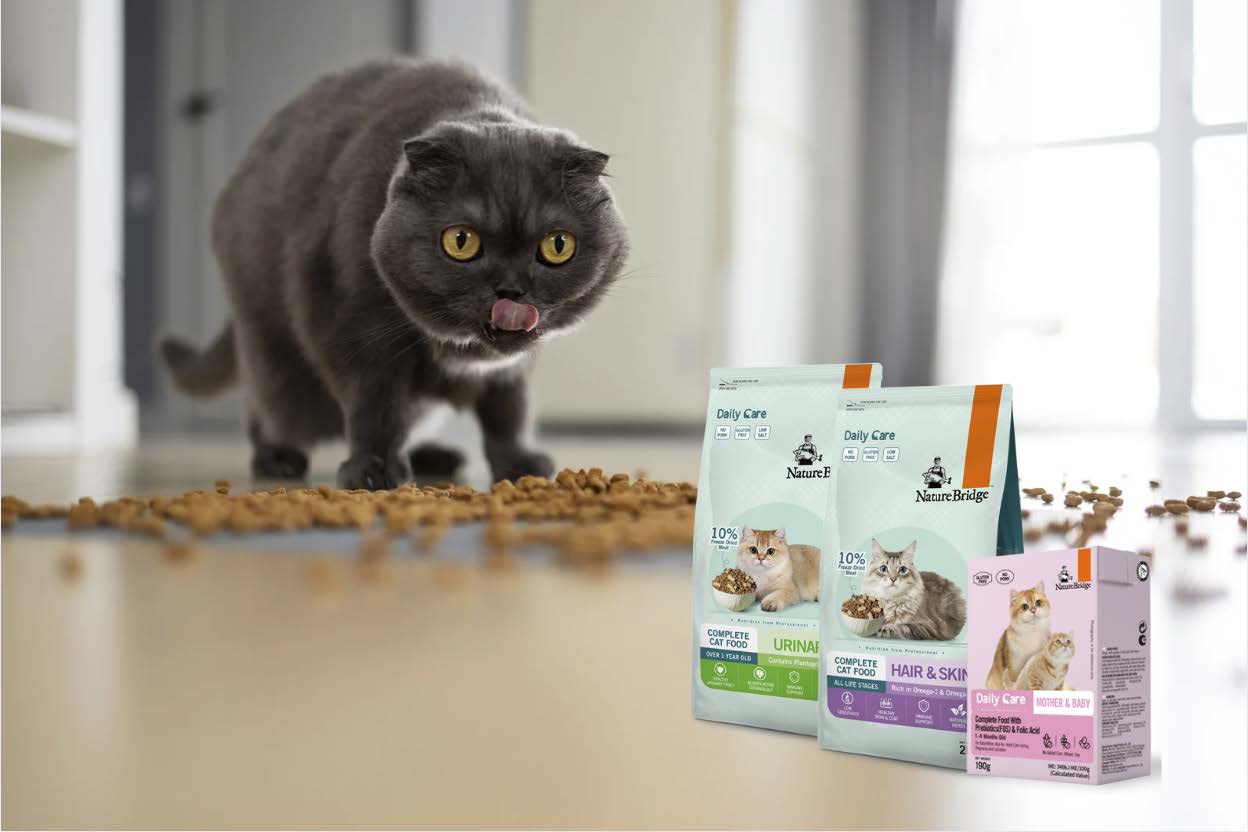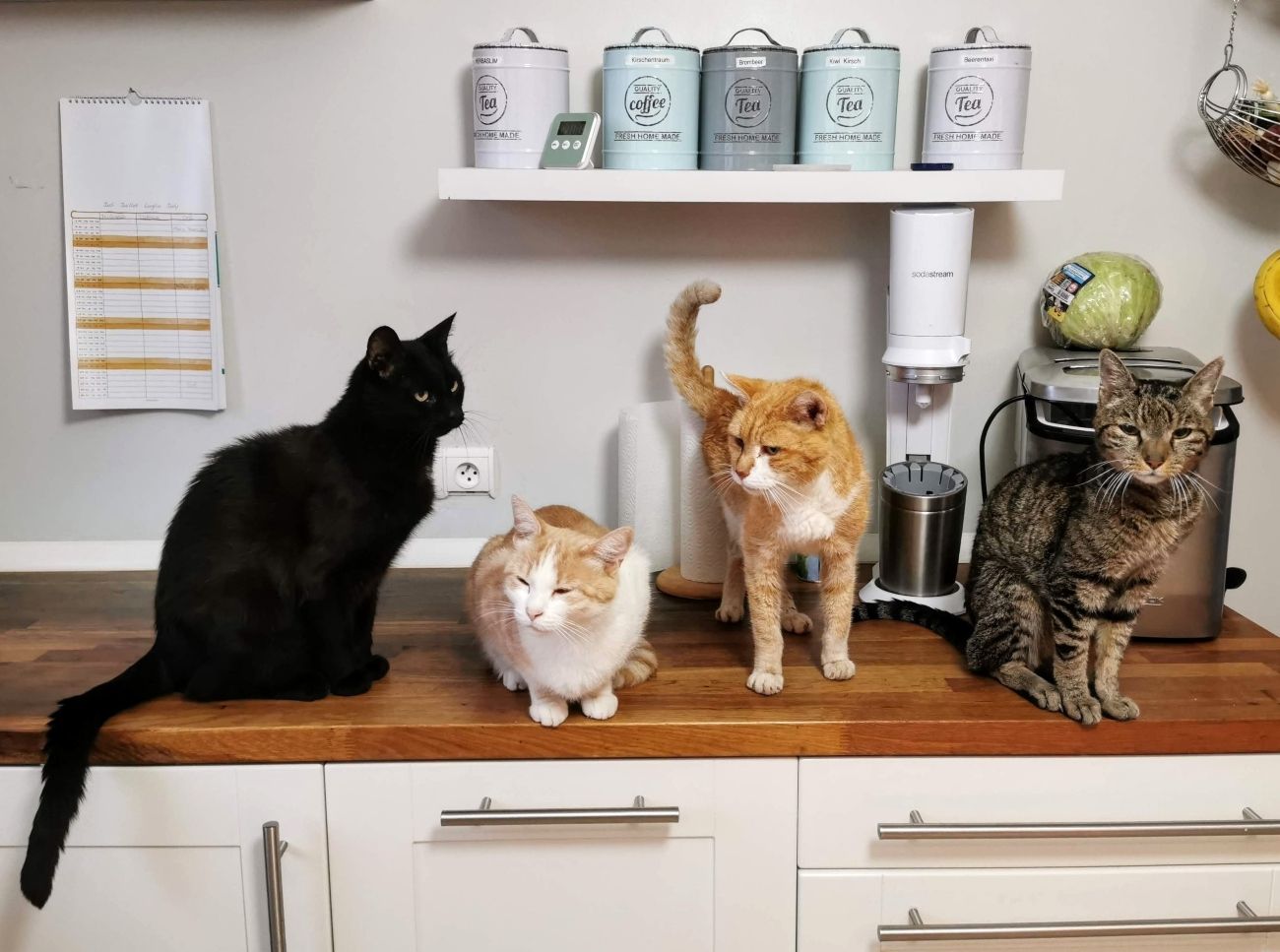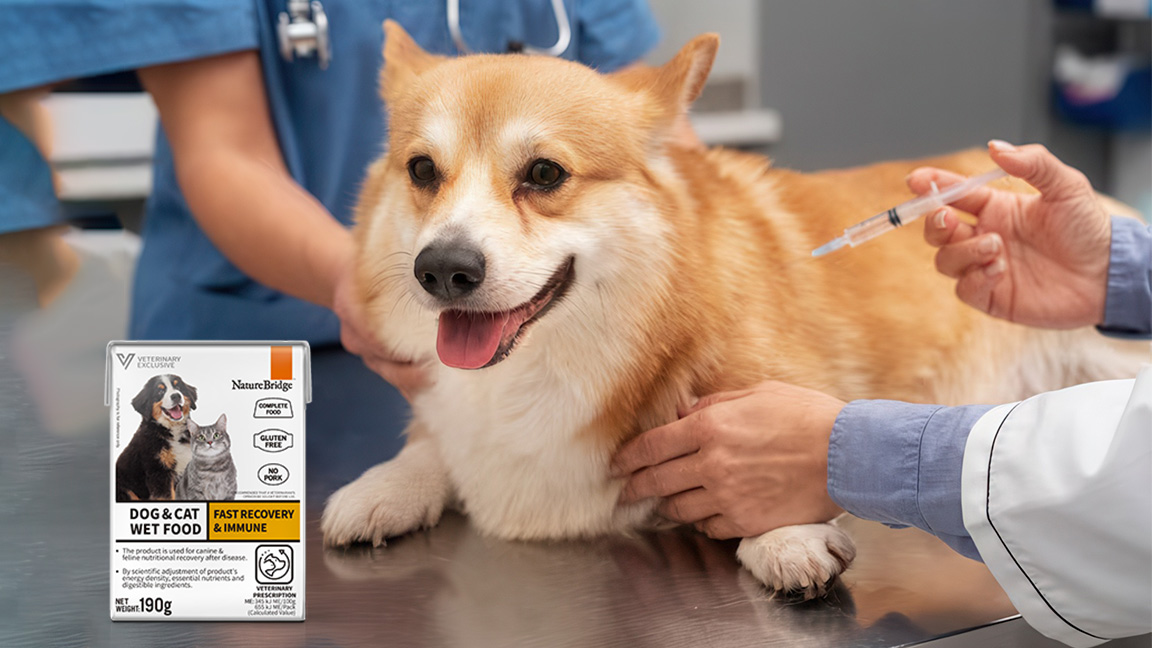You’ve probably seen “gluten-free” labels on everything from bread to dog biscuits—but what does it actually mean when it comes to pet food? Just like for humans, gluten-free pet food excludes specific proteins found in certain grains. But not all grains contain gluten, and not all pets need to avoid it.
What Is Gluten, Exactly? Gluten is a type of protein found in grains like wheat, rye, and barley. While it helps give structure and elasticity to baked goods, some animals (and people) have trouble digesting it. In pet food, gluten often shows up in wheat-based ingredients or by-products like wheat gluten meal.
Gluten-Free vs. Grain-Free—What’s the Difference? It’s easy to confuse the two, but they’re not the same. A gluten-free diet can still contain grains like rice or oats, which don’t contain gluten. Grain-free, on the other hand, removes all grains—gluten-containing or not. So gluten-free pet food may still have rice or millet, while grain-free avoids all grain-based ingredients.
Why Go Gluten-Free for Pets? For most pets, gluten isn’t harmful. But some dogs and cats may have sensitivities or allergies that cause itchy skin, chronic ear infections, or digestive problems. Going gluten-free can help reduce inflammation and improve gut health—especially in sensitive breeds or pets with known food allergies.
Who Benefits Most from Gluten-Free Diets? Pets that show signs of food intolerance (like gas, bloating, or skin issues) may benefit from gluten-free food. Breeds like Irish Setters, some terriers, and retrievers are more likely to have sensitivities. A gluten-free diet can also help pets with inflammatory bowel issues or autoimmune disorders.
How to Tell If Pet Food Is Gluten-Free Check the ingredient label carefully. Look out for wheat, barley, rye, or any ingredient with "gluten" in the name. Some brands label their food “gluten-free,” but it’s still important to read closely. Rice, corn, and oats are gluten-free unlesscross-contaminated, so choose trusted brands.
Is Gluten-Free Pet Food Just a Trend? Not necessarily. While it’s become more popular thanks to human diet trends, many pet owners see real improvements in their pets’ health after switching. That said, it’s not necessary for every pet—only those with sensitivities. It’s always best to consult your vet before making dietary changes.
Conclusion
Gluten-free pet food offers a great alternative for pets with sensitivities or allergies. While it’s not a must for every animal, understanding what gluten is—and how to avoid it—can help you make better decisions for your pet’s health and happiness.
Ready to give the best for your pet? Explore our selection of high-quality gluten-free pet foods, specially formulated for digestive comfort and optimal health. Visit our official store on Shopee at https://s.shopee.co.id/6KribOTgeo and discover products designed to meet your loyal companion’s nutritional needs.








